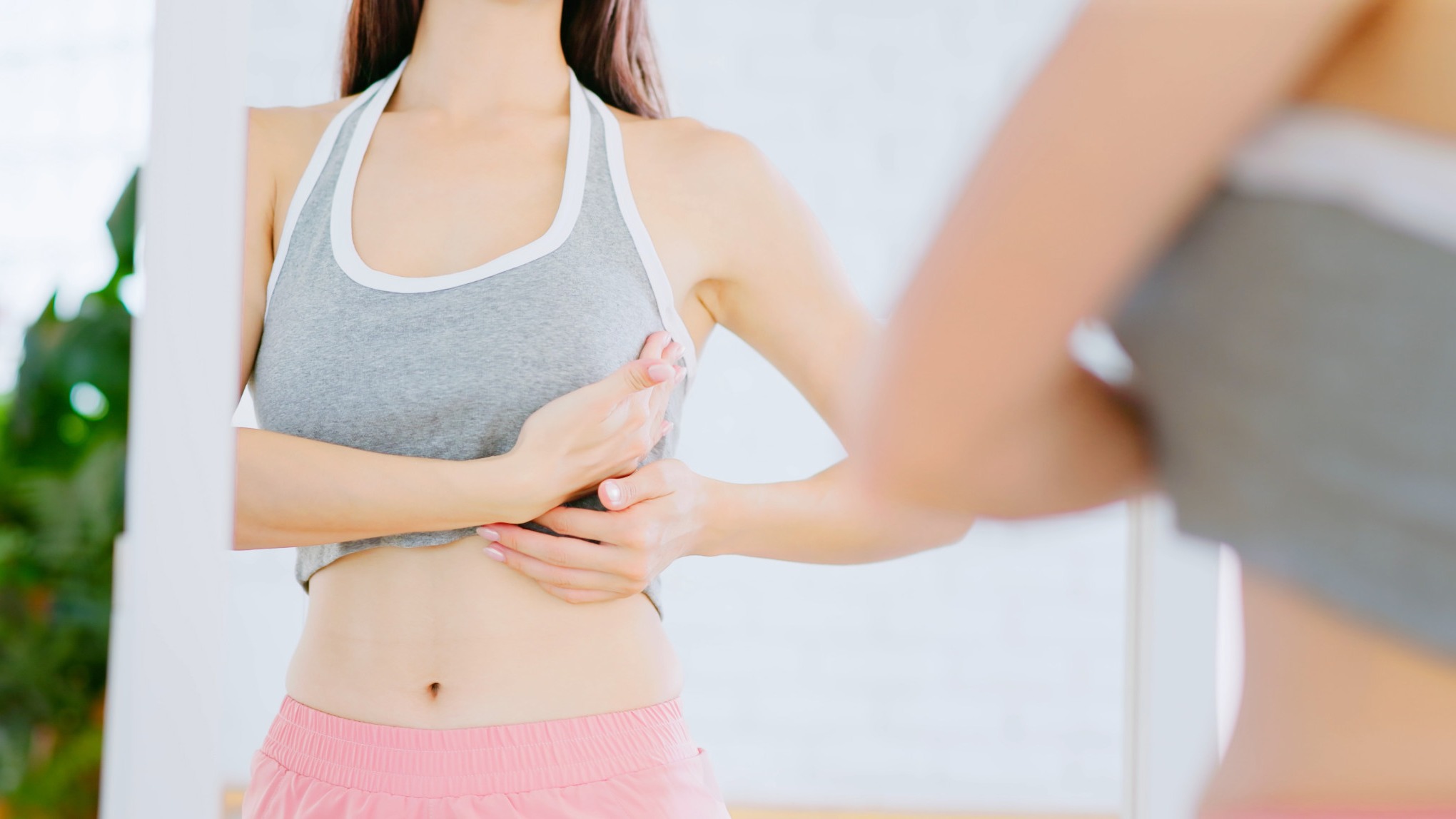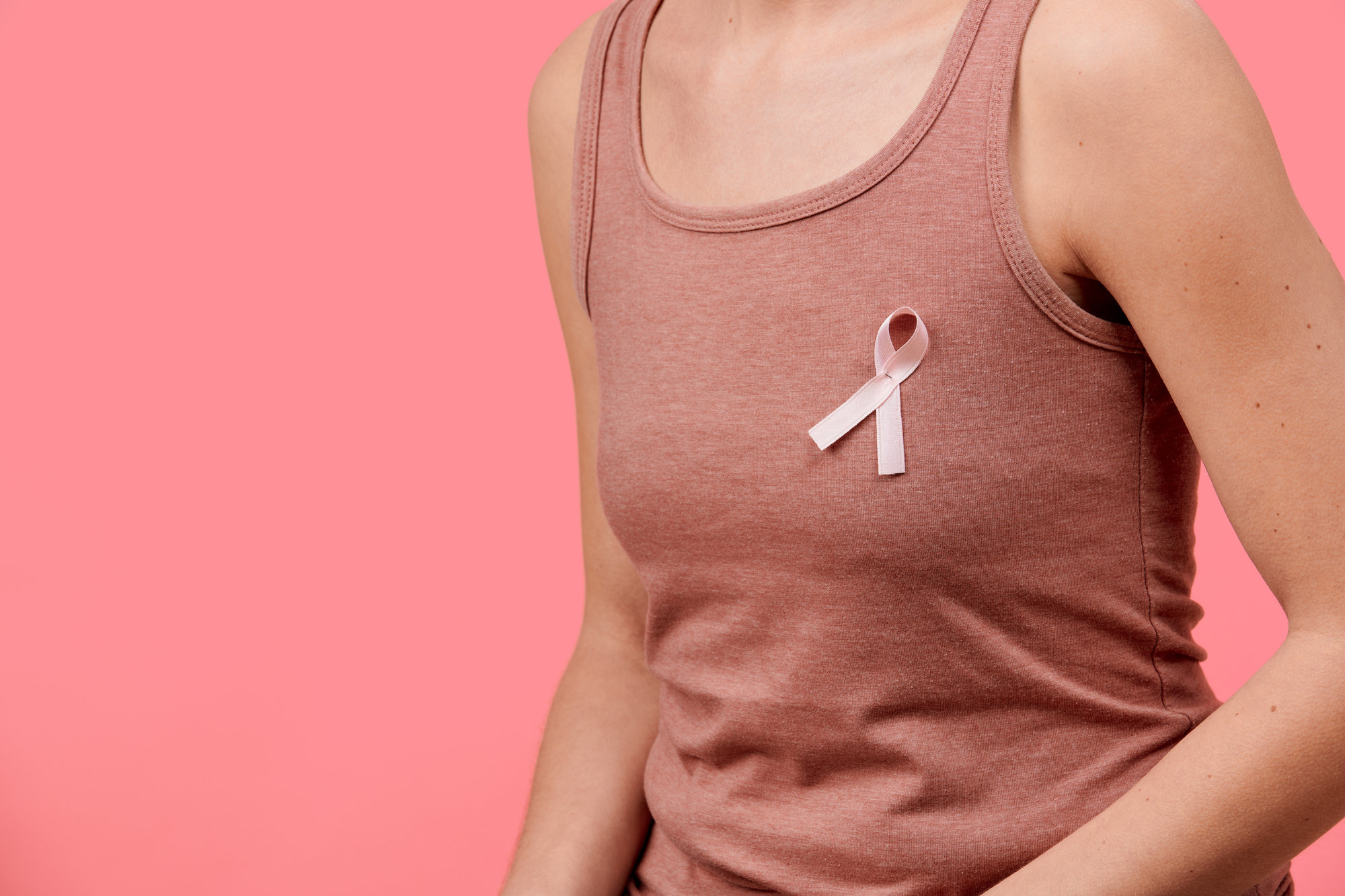
When I was a senior in high school, I discovered a lump in my breast. After telling my mom, we made an appointment to see my primary care provider. From there, I was referred to my gynecologist and a specialist. I was terrified. I didn’t understand most of what they said. I didn’t know what it meant for me then or later in life.
I was 17. At the specialist, they took an ultrasound to better see the lump. After the initial ultrasound, the doctor said we’d do a follow-up in a few months to see if the lump had grown. By doing this, they could better identify what type of cyst or tumor it was. This meant we’d have to wait for answers.
I was a senior in high school. I felt numb and nervous. I didn’t have much experience with specialists and had no history of medical issues. While the doctor assured us we didn’t need to rush to take it out, I still felt uncertain.
More from CafeMom: Social Media Is Helping Women Spread Awareness About Breast Cancer in Women Under 40
I didn’t know what this news would mean for my future.
A few months later, my mom and I went back for a follow-up. The doctor quickly realized the tumor had grown, nearly doubling in a short amount of time. I remember crying in the exam room because of how confused and scared I felt. Because of this, they advised me to have it removed relatively quickly. We scheduled another consultation and then surgery shortly after.
In the spring of my senior year, I had surgery. The surgeon removed my fibroadenoma tumor and thankfully identified it as a benign lump that can vary in size. Breast fibroadenomas can be common for women anywhere from as young as 14 to age 35. Talk to your doctor if you feel anything out of the ordinary when you do self-breast-checks.
Now in my 30s, I make sure I’m on top of my breast health.

Over 15 years later, I advocate for myself. Because of my past, I am adamant about monthly checks done both by myself and annual ones done by my doctor. Due to my history, I schedule appointments and have received a few extra ultrasounds to rule out anything major — just to be sure.
More from CafeMom.com: Minutes After Delivering Her First Baby Early, Doctors Tell Mom She Has 3 Weeks to Live
Early detection of any issues in breast health is important and necessary.
Regardless of age, if you or your doctor believe a mammogram is necessary, advocate for yourself. They can give you clear answers. From there, you and your doctor can come up with a plan moving forward. Although most doctors — or insurance companies — aren’t quick to fulfill requests for patients younger than 35, I received a mammogram before my 31st birthday. It’s relatively quick and wasn’t as bad as most people make it out to be. Promise!
Breast health doesn’t have to be scary. But you can and should stay on top of it, especially if you or your family have any medical history of breast cancer. Early detection is key!
Tips To Make Breast Health (and Prevention) Feel Less Scary:
-
Stay accountable with a friend: Although most doctors won’t let you take a friend into the exam room, you can keep a friend accountable with checks and appointments. You can even drive or wait in the waiting room with the friend for support.
-
Automate appointments: No one likes having to schedule medical appointments. Take the stress out of scheduling a breast exam or well-check by automating it. Make your next appointment while you’re already there. Or you can have a specific time of year in mind that you get one, such as your birthday week or the same month every year!
-
Reward yourself: No, you’re not a dog who needs a treat. But if appointments stress you out, schedule a little pick-me-up on the same day. Book a manicure for afterward or stop for a fancy coffee on the way home.
-
Know your family history: If you have a family history of breast cancer, tell your doctor and stay even more on top of your breast health. Sometimes, however, it can be difficult to remember everything. If you have a history of breast cancer, have a parent or loved one write it out for you. Keep it in a safe place, file, or even your Notes app on your phone. This way, you can save it for when your doctor asks and won’t have to remember specifics.



